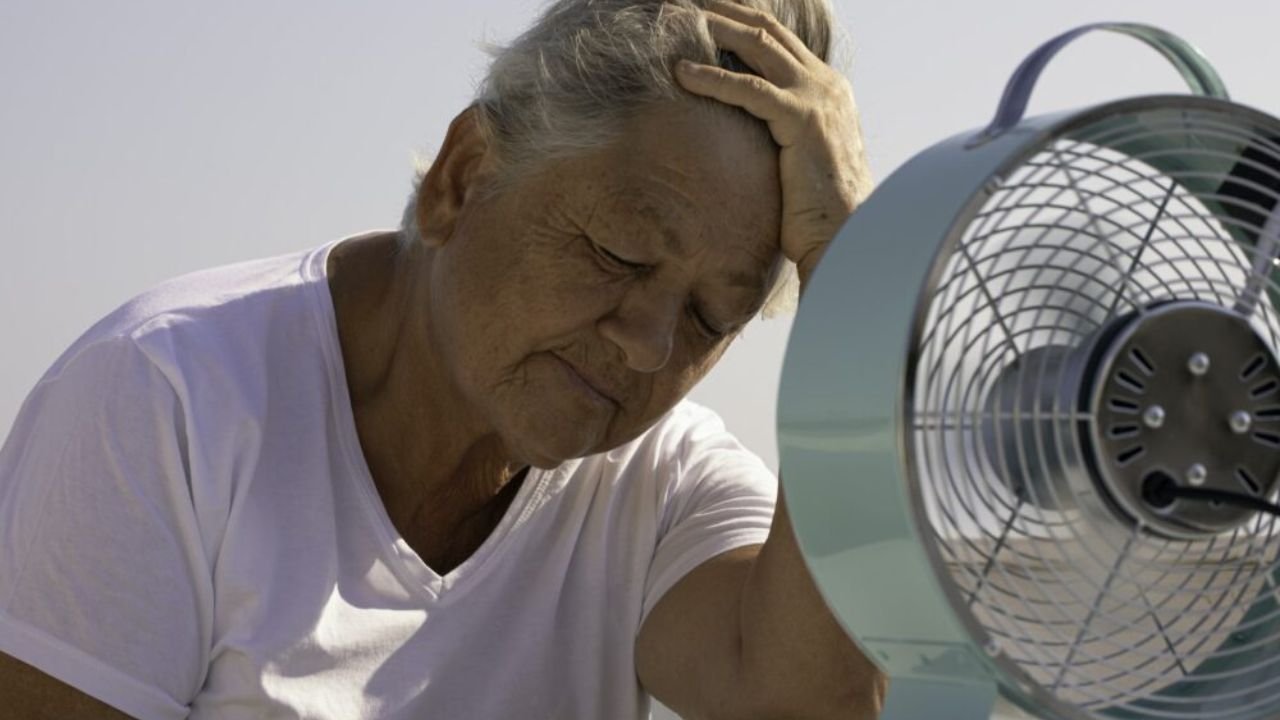South Carolina’s New Utility Shutoff Law Now Protects Vulnerable Households From Losing Power in Extreme Heat
COLUMBIA, S.C. — South Carolina has officially enacted a new law in 2025 that protects vulnerable residents from having their electricity or water disconnected during extreme heat. The Consumer Utility Protection Act, passed earlier this year, now requires all utility providers in the state to pause shutoffs during heat advisories and offer alternative payment plans for qualifying households.
The change comes after mounting public pressure and record-breaking heat waves across the Southeast.
What the New Law Does
The Consumer Utility Protection Act of 2025 requires electric, gas, and water companies regulated by the state to:
- Prohibit disconnections when the National Weather Service issues a heat advisory or excessive heat warning in the service area
- Identify and flag accounts with elderly, disabled, or medically at-risk individuals
- Offer extended payment plans and late fee waivers for qualifying customers
- Notify residents 72 hours in advance of any shutoff attempts outside heat emergencies
The legislation was signed into law in March 2025 after advocacy from groups like the South Carolina Appleseed Legal Justice Center and is now enforced statewide by the Public Service Commission of South Carolina.
Who Qualifies for Heat Protection?
You may be protected from shutoffs under this law if your household includes:
- Anyone 65 years or older
- A child under age 5
- Someone with a chronic medical condition (including those requiring powered medical devices)
- Low-income customers receiving SNAP, Medicaid, or LIHEAP benefits
To activate protections, residents must submit a Vulnerable Household Certification to their utility provider. Some major companies like Dominion Energy and Duke Energy have already updated their online portals to assist customers in applying.
For example, Dominion Energy now allows South Carolina customers to file a Medical Needs Protection Request directly through their account dashboard.
Why the Law Was Needed
In 2023 and 2024, South Carolina saw several hundred power shutoffs per month even during extreme temperatures, as reported by the Office of Regulatory Staff. Some of these led to tragic outcomes, including heat-related illnesses and hospitalizations in low-income neighborhoods in Charleston, Greenville, and Columbia.
The new law builds on similar protections passed in North Carolina and Georgia and brings South Carolina in line with 19 other states that already restrict shutoffs during life-threatening weather conditions.
What Utility Companies Must Do
Under the 2025 law, regulated utility companies must:
- Maintain a list of flagged vulnerable accounts
- Avoid disconnections when any part of their service area is under a heat advisory
- Report shutoffs monthly to the state commission with justification
- Post warnings on customer bills and websites during heat events
Companies that violate the rule may be fined up to $25,000 per incident and could face lawsuits under consumer protection laws.
How to Apply for Protection
If you think your household qualifies, here’s what to do:
- Contact your utility provider and request a “Vulnerable Household Form”
- Provide proof of age, medical condition, or benefits enrollment
- Submit the form online or by mail
- Confirm the protection status is active on your account
The South Carolina Department of Consumer Affairs also recommends that households with window unit A/C systems or high summer usage apply for LIHEAP energy assistance, which can offset bills during peak months.
Have you or someone in your family ever faced a utility shutoff during summer? Share your experience or survival strategies at SaludaStandard-Sentinel.com — your voice can help shape future protections in South Carolina.






